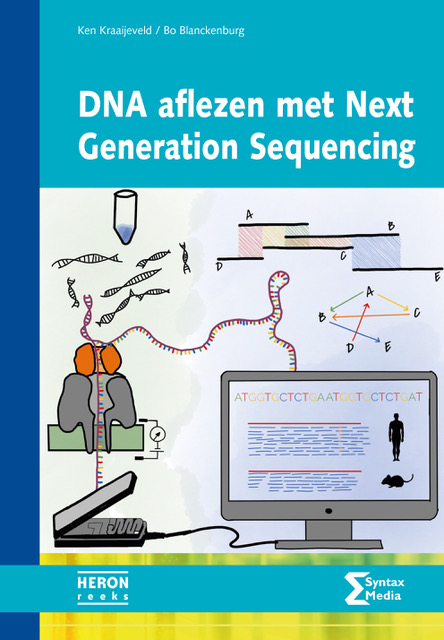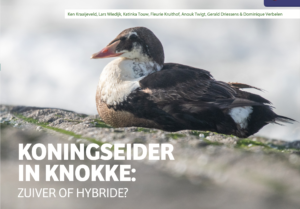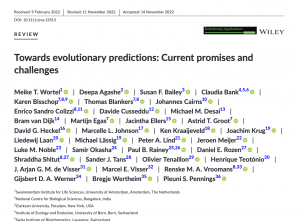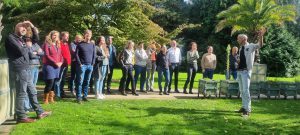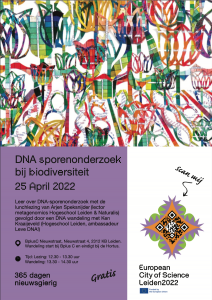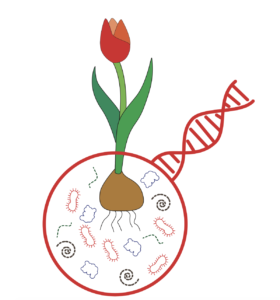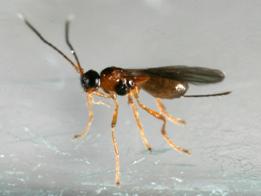Op 19 juni 2025 geef ik een lezing over natuur- en landschapsbescherming op Goeree Overflakkee bij Deltawind. Aanmelden kan hier. 
Alle berichten van ken
New textbook on NGS
My colleague Bo Blanckenburg and me wrote a textbook on Next Generation Sequencing. NGS technology has come of age in recent decades and is now finding its way into many labs. This book explains the basics of NGS and NGS data analysis. It is aimed at University students as well as technicians who want to familiarize themselves with these techniques and the possibilities they offer.
Available through Syntax Media.
DNA identification of a possible hybrid King Eider
The paper (in Dutch) in Natuur.Oriolus describes how four students of the University of Applied Sciences Leiden used DNA to establish that a putative hybrid King Eider x Eider that was present along the Flemmish coast in June 2022 was in fact a pure King Eider.
New paper in Evolutionary Applications
The review resulting from the 2019 Lorentz workshop on predicting evolution, entitled: Towards evolutionary predictions: current promises and challenges has now been published in Evolutionary Applications.
Another DNA walk
DNA walk for curious citizens
New citizen science project
A new citizen science project has launched in which we will look at the soil microbiome around Tulip bulbs
Preprint on predicting evolution
The manuscript of the review resulting from the 2019 Lorentz workshop on predicting evolution, entitled: The why, what and how of predicting evolution across biology: from disease to biotechnology to biodiversity is now in preprint.
How to turn a wasp asexual
Photo: Herman Berkhoudt
In this project, we aim to gain deeper insight into the molecular mechanisms of Wolbachia-induced parthenogenesis, using the parasitoid wasp Asobara japonica as a model system. We employ a range of sequencing techniques, including whole-genome, IsoSeq and small RNA sequencing.
Collaborators:
- Leo Beukeboom, Groningen University
- Elzemiek Geuverink, Groningen University
tRNA evolution
Front cover PhD thesis Peter van der Gulik
Transfer RNAs (tRNA) are an integral component of translation in the three domains of life (Archaea, Bacteria and Eukaryotes). In this project, we are searching for domain-specific patterns in the set of tRNAs that are used.
We are also investigating whether these patterns can help assess the completeness of newly assembled genome sequences.
Collaborators:
- Wouter Hoff, Oklahoma State University
- Peter van der Gulik, Centrum Wiskunde & Informatica, Amsterdam
- Astrid Groot, University of Amsterdam
- Martijn Egas, University of Amsterdam
- Jenna Gallie, Max Planck Institute for Evolutionary Biology
